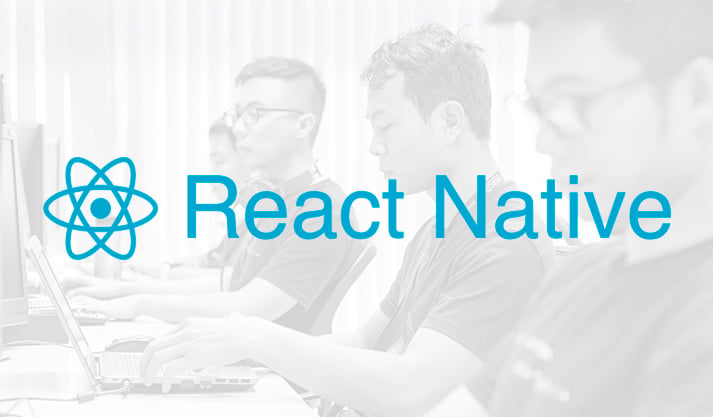Marketing automation is a game changer. It epitomizes what can be achieved when you utilize a plethora of data to provide you with real-time insights into your customer’s digital journey, which then enables you to optimize the conversion rates, meeting key business goals.
What is Marketing Automation?
Marketing automation capitalizes on the use of huge databases that intelligently segments, streamlines, and automates marketing tasks such as email marketing, lead generation, event coordination and much more.
There are many tools on the market that promises to be a marketer’s dream – Marketo, HubSpot, Iterable - so where do you start?
At the research phase, ask yourself these questions:
-
Do you have a centralized database?
-
Can you identify, track and, engage individual buyers online?
-
Are you using too many channels to identify, track, and engage with your customers?
-
Are you looking for flexibility in segmenting and building campaigns based on segmentation?
-
Are you generating meaningful leads for your business?
-
Can you calculate your ROI effectively for each individual campaign and the whole marketing operation?
Here are the answers to each question we’ve outlined above to give you some idea about how to choose the right platform for your business.
Do you have a centralized database?
If you are using a CMS platform such as Optimizely, Sitecore or Magento for your Commerce business, the good news is they should already provide you with a centralized user database to begin with. Another advantage is many of them also integrate marketing automation functionalities in their products. For Optimizely, it is Optimizely Campaign. For Sitecore, it is Marketing Automation Engine. And even though Magento doesn’t provide an exclusive package, its marketplace has a wide range of choices for different marketing automation activities such as: email marketing, campaign building, segmentation, etc.
However, many times businesses have different databases for different needs and when they want to use marketing automation, the lack of a centralized database can be troublesome.
That leads us to the second and third questions:
Can you identify, track and, engage individual buyers online? Are you using too many channels to identify, track, and engage with your customers?
Let’s give you an example: an Commerce site may use Rivio for product reviews, Salesforce for CRM (Customer Relationship Management), and Optimizely for CMS – all of which provide different insights to the business owner. However after three years, the number of activities in all those channels increases significantly and his marketers could no longer keep track of all the information. In a bid to simplify, the business owner realized he needed a single channel that would capture and present everything in a single dashboard. What should he choose?
After all, each one of those channels help him identify and track the customers behavior, but he didn’t have a tool to help him engage with individual buyers. In this situation, depending on the size of the databases, there will be different scenarios:
-
If he only wants to carry out simple marketing activities such as email marketing and personalized pop-ups, a combination of CDP (Customer Data Management Platform) and another campaign building tool is enough. Either Lytics or QuickPivot is suitable for a CDP in this scenario, and Mailchimp or Iterable will play the role of campaign building. If later he decides to scale up his business, he can always integrate more tools.
-
If he wants a powerful, omni-channel marketing automation platform with a lot of customizations, Marketo or Hubspot is the way to go. However, these tools need a lot of investment, not only for the products themselves, but also the human resource required to operate them efficiently.
Are you looking for flexibility in segmenting and building campaigns based on segmentation?
This question is mainly about how flexible a marketing automation platform produces the data for other automated activities. In many cases, a well built, well maintained database will reduce the time you need to segment your customers. Segmentation can be done either in real time or in a periodic manner based on your resources. A real time approach is often harder and requires machine learning over a long period of time to be successful. Big marketing automation platforms such as Marketo and Hubspot provide the AI-driven solutions as extra services along with their packages. But if you want a built-in solution, Optimizely Insight for Optimizely and Sitecore Cortex are also worth investing in. On the other hand, a periodic approach will rely more on your data analysts than a specific tool.
Are you generating meaningful leads for your business? Can you calculate your ROI effectively for each individual campaign and the whole marketing operation?
These two questions are more about marketing best practices rather than the tools themselves because calculating your ROI effectively should be a must for any CMO worth their salt irrespective of the tools they use. Marketing automation platforms can only help you elevate the process by providing a more efficient way of handling all the channels. To have a strategy in place before working with the tools will eliminate most of the frustration your team could encounter if they are new to using marketing automation tools.
Not sure which tool is for you? Get in touch with our marketing automation experts for a free consultation.
to transform your business and drive results?



